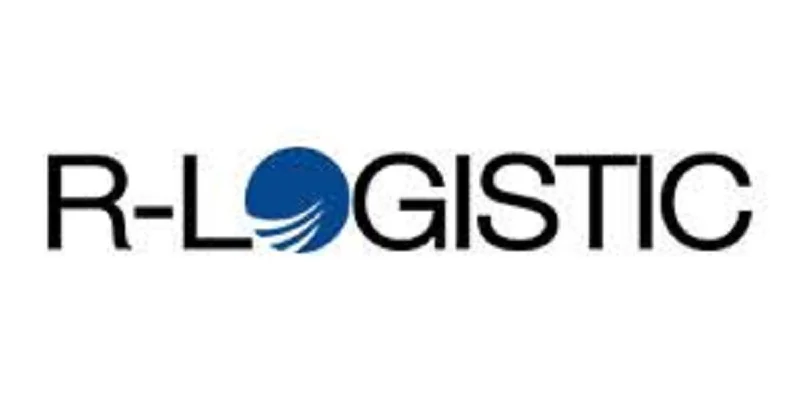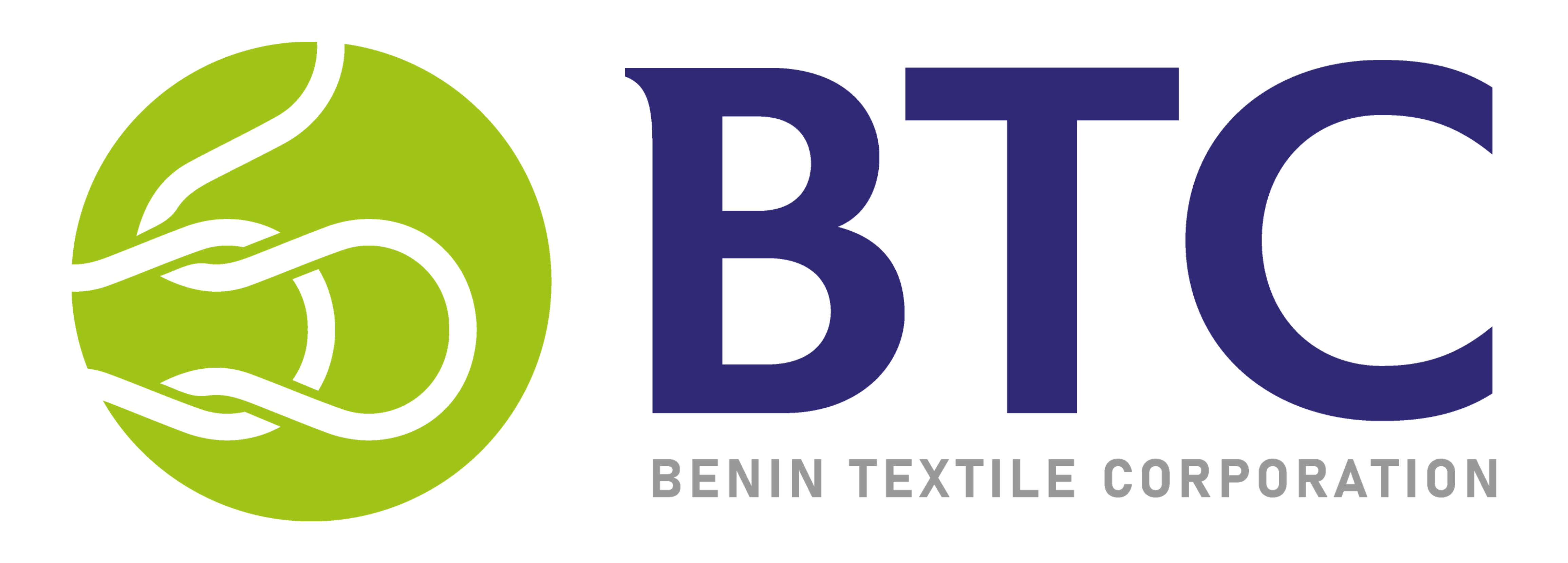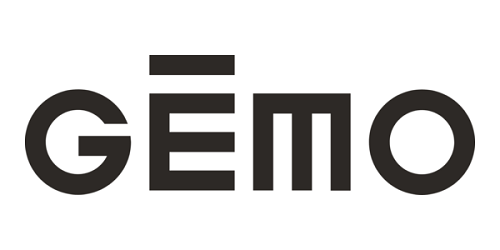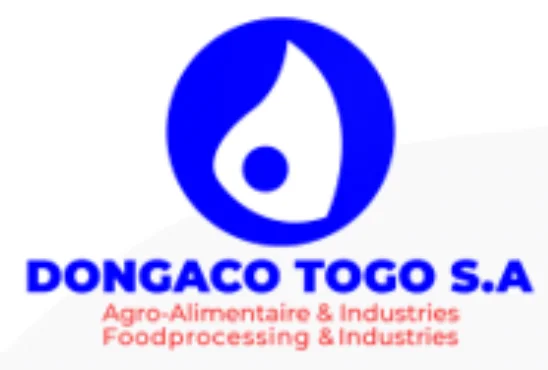$2.56 Bn
Market Size
8.88%
CAGR
$3.46 Bn
Forecast

*Note: Name, Email and Phone Number are mandatory.


Nigeria's consumer electronics sector is thriving, driven by the growing middle class, urbanization, and increasing disposable income. With a rising demand for technology and digitalization, the sector presents significant opportunities for investment and growth, particularly in local manufacturing and distribution.
Nigeria's consumer electronics sector is thriving, driven by the growing middle class, urbanization, and increasing disposable income. With a rising demand for technology and digitalization, the sector presents significant opportunities for investment and growth, particularly in local manufacturing and distribution.
$2.56 Bn
Market Size
8.88%
CAGR
$3.46 Bn
Forecast
Nigeria's consumer electronics sector offers unique opportunities driven by its youthful demographic and the innovative informal tech repair ecosystem. With over 70% of the population under 30, the country represents a massive base of tech-savvy consumers who quickly adopt and adapt to technology. Unlike traditional markets, demand in Nigeria focuses on affordable, durable electronics tailored to local needs. For instance, rugged phones with extended battery life and heat-resistant materials thrive in a market shaped by unreliable power supply and high temperatures. Solar-powered devices, localized smart technologies, and adaptable gadgets tailored to urban and rural environments are emerging as high-demand niches. Startups catering to these specific needs have shown immense growth potential, presenting an exciting opportunity for investors to focus on innovation-driven, practical solutions.
Equally notable is Nigeria’s vibrant informal repair and refurbishment industry. This ecosystem enables electronics to be repaired and reused extensively, extending product lifecycles and fostering resourcefulness. Investing in this repair network—whether through quality spare parts, skill development programs, or tools—can improve efficiency and scale, creating a sustainable revenue stream. Together, these factors position Nigeria as a compelling market with untapped potential for those looking beyond conventional consumer electronics models.

May 26, 2025
Africa’s Switch Gear and Electrical Materials Sector: A Strategic Investment Frontier



Jan. 17, 2025
Looking to invest? African consumer electronics could be a goldmine for Indian Investors!























































What is the consumer electronics market size in Nigeria?
The expected market size up to 2024 is $18.7 billion , driven by rising disposable income and increased demand for tech products like smartphones, TVs, and home appliances. The market size is expected to grow significantly in the coming years.
What are the key consumer electronics products in Nigeria?
The major products in Nigeria's consumer electronics sector include smartphones, televisions, laptops, home appliances (refrigerators, washing machines), and audio systems.
What are the growth drivers for the consumer electronics market in Nigeria?
Key growth drivers include the young, tech-savvy population, urbanization, increasing internet penetration, and the rising middle class with higher purchasing power.
Why is IPR Nigeria a good location for consumer electronics manufacturing?
IPR Nigeria offers incentives for local manufacturing, lower production costs, and proximity to the growing Nigerian and West African consumer markets.
What government support exists for the consumer electronics sector?
The Nigerian government provides tax incentives, import duty exemptions for certain electronic components, and local manufacturing support to encourage investment in the sector.
How does Nigeria’s infrastructure support the consumer electronics market?
Nigeria’s growing infrastructure, including improved roads, ports, and distribution networks, helps facilitate the movement of electronics across the country and into neighboring West African markets.
Is there demand for high-tech consumer electronics in Nigeria?
Yes, there is strong demand for high-tech consumer electronics in Nigeria, particularly for smartphones, smart TVs, and digital home appliances, fueled by an increasing number of tech-conscious consumers.
Can foreign companies invest in Nigeria’s consumer electronics sector?
Yes, foreign companies can invest, especially in local manufacturing and assembly, benefiting from favorable government incentives aimed at boosting local production.
What is the future outlook for Nigeria's consumer electronics market?
The outlook is positive, with continued growth expected due to rising demand, technological advancements, and a large young population eager for new gadgets.
Are there opportunities for export in the consumer electronics sector?
Yes, Nigeria's strategic location in West Africa offers export opportunities to neighboring countries, especially as local production increases and the demand for affordable electronics rises across the region.
Compare
Dear investor, please compare similar category items- either Locations or Opportunities.
*Already subscribed.
*Enter your name/email.

Sign up for exclusive investment alerts.
Already subscribed? Skip
Thank You For Subscribing to
Africa For Investors.

You will be redirected to AFI’s Linkedin Profile in 10 seconds.
Stay On AFI Website